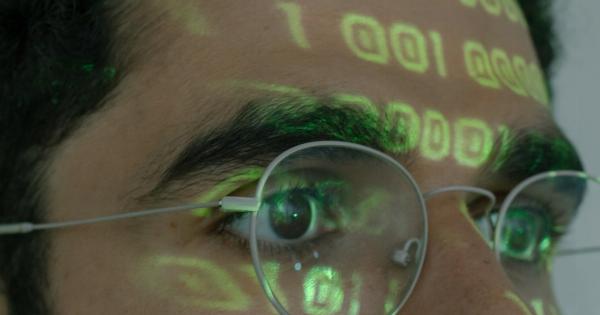Have you ever wondered why some people have an insatiable sweet tooth, always craving sugary treats? Well, it seems that scientists have finally uncovered the fascinating link between this predilection and brain activity.
Researchers from various institutions around the world have been delving into the neural mechanisms behind sugar cravings, and their findings shed light on the intriguing relationship between our brain and our desire for sweets.
The Science of Sugar Cravings
Sugar is undeniably a significant part of our modern diet, and its consumption has consistently been on the rise over the years. However, the specific reasons behind our unrelenting craving for sweets have remained elusive until now.
A groundbreaking study published in the renowned Journal of Neuroscience presents compelling evidence that our brain cells play a crucial role in driving us to seek out and indulge in sugary treats.
The Research Study
The study brought together a team of neuroscientists, psychologists, and nutritionists from leading research institutions across the globe.
Their aim was to investigate the neural activity associated with sugar cravings and how it influences human behavior and health.
Using advanced brain imaging techniques such as functional magnetic resonance imaging (fMRI), the researchers scanned the brains of a group of participants while presenting them with images of various food items, including both sweet and non-sweet options. The participants were asked to rate their desire for each item and provide feedback accordingly.
The Neural Response to Sweet Stimuli
Analysis of the brain scans revealed a significant increase in activity in specific regions of the participants’ brains when they were exposed to sweet images compared to non-sweet ones.
These areas are known to be involved in reward processing and pleasure sensation, indicating a clear association between sugar cravings and neural mechanisms related to positive experiences.
Furthermore, the researchers discovered that the brain’s response to sweet stimuli varied among individuals. Some participants exhibited heightened neural activity, indicating a stronger sweet tooth, while others showed a lesser response.
The scientists hypothesized that genetic differences and personal experiences might contribute to these individual variations.
The Role of Dopamine
Dopamine, often referred to as the “feel-good” neurotransmitter, plays a key role in the brain’s reward system. It is released when we experience pleasure or satisfaction, reinforcing behaviors that bring us joy.
The researchers found that the anticipation and consumption of sugary foods triggered the release of dopamine, creating a positive reinforcement loop that reinforces our sweet tooth craving.
Interestingly, the study also revealed that individuals with a higher neural response to sweet stimuli tended to experience a more significant dopamine release.
This suggests that those with a stronger sweet tooth not only have a heightened physical response but also experience greater pleasure when indulging in sugar-rich foods.
Implications for Human Behavior and Health
The findings of this study have far-reaching implications that go beyond our love for all things sweet.
Understanding the neural mechanisms driving sugar cravings can provide valuable insights into human behavior and potential interventions in conditions such as addiction and obesity.
With an increasing reliance on highly processed, sugary foods in our diets, it is no surprise that obesity rates are skyrocketing worldwide.
By unraveling the brain’s involvement in sugar cravings, scientists hope to develop targeted interventions to address the issue of food addiction and promote healthier eating habits.
The Future of Sugar Cravings Research
The study’s groundbreaking findings open up a world of possibilities in terms of further research and potential applications.
Scientists are now exploring various avenues, such as genetic studies to uncover the specific genes associated with sweet tooth tendencies, as well as clinical trials to test potential pharmacological interventions for reducing sugar cravings.
By unraveling the intricate neural mechanisms behind our sweet tooth, scientists aim to combat the detrimental effects of excessive sugar consumption on human health.
The knowledge gained from these studies may pave the way for personalized dietary recommendations and targeted therapies to help individuals curb their sugar cravings and maintain a balanced and nutritious diet.
The Takeaway
The correlation between a sweet tooth and brain activity is undeniable.
Researchers have made significant progress in understanding the neural mechanisms behind sugar cravings, shedding light on the complex relationship between our brains and our desire for sugary treats.
By unravelling the secrets of our sweet tooth, scientists are opening doors to potential interventions for addiction and obesity, as well as personalized dietary recommendations tailored to individual sugar craving tendencies.
The future of sugar cravings research looks promising as we continue to explore the fascinating world of neuroscience and its impact on our eating behaviors and overall health.


























